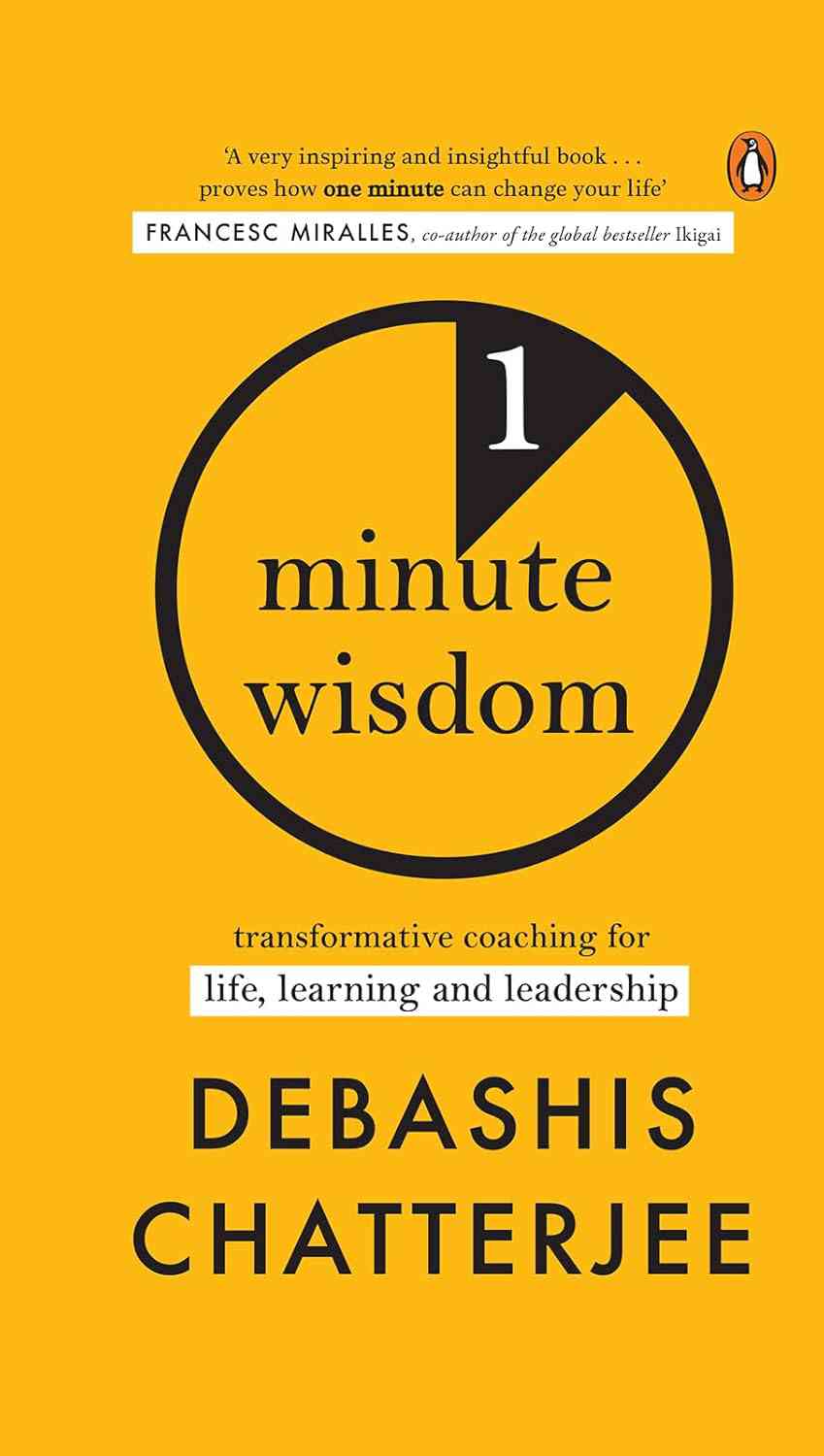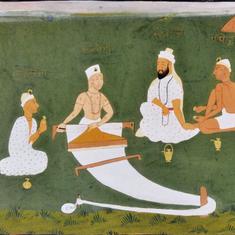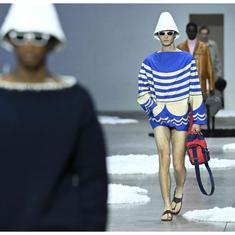Wabi Sabi: celebration of imperfection
During my visit to Japan, I saw the imprints of Japanese aesthetics and the quest for beauty everywhere I went. The lowly toilet seat, a wash basin, even a mundane manhole looked like a work of art.
The Japanese mindset is not fuelled by the urge to be the best or the fastest or the most perfect. Their mindset assumes imperfection in the nature of reality. This does not take away from the responsibility to be better every day, to strive for excellence without feeling incompetent or useless. I saw the same Wabi-Sabi spirit expressed in the Kosai plant of Suzuki Motor Company. A Japanese car, therefore, becomes more than a flawless transportation device.
A Japanese car becomes an unfinished work of art!
Mending our fences
It was a pleasure meeting two of our bright Executive MBA students, Megha Padha and her husband, who have begun their stint at IIM Kozhikode with dreams in their eyes.
Megha is a technology lead in a company, and her husband is in between jobs, in high-end consulting. Megha comes from Jammu, and her husband hails from Bihar.
I told them that the mind is like a fence on the field of life. It is but natural when two intelligent people engage with each other, the mental fences need to be redrawn.
If the mental fences become rigid there are bound to be conflicts in the field of life. Good professionals ought to stay vigilant and continuously mend their fences. This is especially true when they decide to be life partners!
What do you think?
Driving a nail into the sky
I saw several statues of Buddha on sale.
There was sitting Buddha, standing Buddha, reclining Buddha, blessing Buddha, meditative Buddha, laughing Buddha, coughing Buddha and the rest strewn around the park.
Someone asked, “What is the meaning of Buddha?”
The answer came: “Trying to know Buddha through the human intellect would be as futile as driving a nail in the sky.”
Buddha is the infinite dimension of awakened life. Wherever there is life, there is Buddha. There is just one life. There is just an awakened Buddha.
Those who get lost on the multiplicity of life forms are best described as buddhus (deluded souls).
No wonder there is one Buddha and billions of buddhus!
What’s your view?
Celebrating imperfections in an Indian queue
In India, the queue is less an arrangement than a forceful association. It is a study in the art of disorder pretending to be an order. People seldom stand one behind the other in a tidy formation. Instead, they spread themselves out, legs braced wide, elbows weaponised – a quiet aggression, a bodily claim to space. In a queue, people claim their place in an unspoken war. Each man is his own sword, each woman her own shield, warding off the inevitable queuebreakers who believe the line is an abstraction meant to be subverted.
This tussle, this daily drama of competition and confrontation, belongs to a world shaped by imperfection. Yet it is this same imperfect world that propels us, however reluctantly, towards the idea of perfection. Perfection itself is a curious thing – an invention of the mind, an ideal conjured out of necessity. The shoreline of the ocean appears flawless from a distance, but the closer one looks, the more one sees the churning chaos that makes it so. Waves of varying temperaments—some small and timid, others brash and forceful – converge and collapse, leaving behind the illusion of symmetry.
It is tempting to curse the chaos, to long for an order that will never arrive. But perhaps there is value in this imperfection, this unending, messy striving. It is not the attainment of perfection that defines us, but the longing for it – the unfinished symphony of human effort to achieve perfection.
Blocked mind = blind eyes
People see through their minds rather than their eyes. Even if you are standing inside a botanical garden in full bloom your eyes may miss most of the sight if your mind is preoccupied.
The eyes are just organs that transmit visual stimuli to the brain. It is the mind that filters stimulus based on its design principles.
If you train the mind to see your room as a combination of hard and soft, your mind will pick up visual stimuli accordingly: hard sofa and soft cushion, hard wall and soft paint, hard vase and soft flower.
We can train our mind to see as well as unsee things around us.
Our cultures define the structures of our mind. Those structures determine what the eyes see. Crossing a puddle of water, an Indian may see a frolicking frog. A Chinese may look at the same frog and see fabulous food!
Isn’t that so?

Excerpted with permission from One Minute Wisdom: Transformative Coaching for Life, Learning and Leadership, Debashis Chatterjee, Penguin Business.










